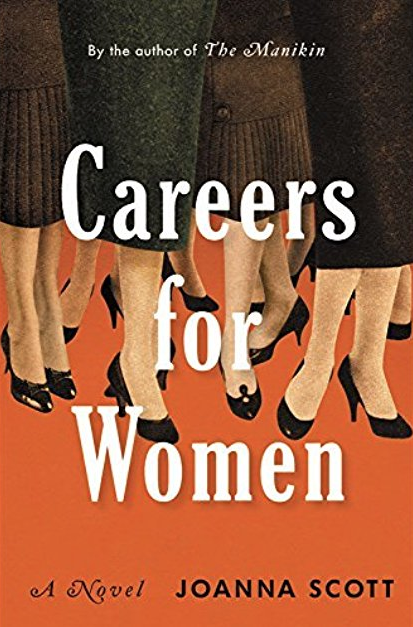January 2018
Representing and Resisting Historical Injustices through Art
The IAS Historical Injustices Research and Creative Collaborative, in partnership with the East Side Freedom Library, is pleased to present this panel discussion of Minnesota-based artists. The panelists will join featured visual artist John Matsunaga in a conversation about how they have used their artistic and creative practices to engage the historical injustices which have challenged their communities. The invited artists are Nikki McComb, Saymoukda Duangphouxay Vongsay, and Alessandra Williams.
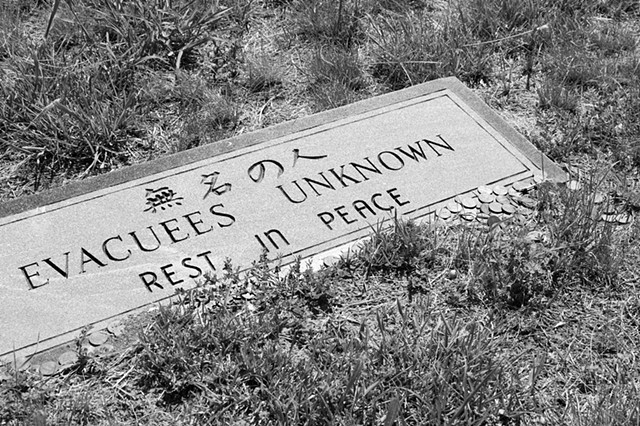
Accountability to Whom? | A Where is the Human in the Data Series Panel Discussion
This event will include a panel as well as roundtable discussions. Each panelist will briefly describe their own work, and then examine the ethical issues around how data is used, software is used, as well as issues of data generators use and issues regarding their subject.
Panelists include Virajita Singh, Sorelle Friedler, Jonathan Kahn, and Madison Van Oort. This event is free and open to all; if you would like to confirm your attendance, please email us.

IAS and Northrop | Borderline
In this panel discussion, we'll look at Borderline, a piece by Company Wang Ramirez, in advance of their performance on the Carlson Family Stage on Saturday, March 3. The discussion will include examining the role of dance as a tool to analyze and interpret international relations, issues of immigration and borders, and hip hop, in an international context.

Desiree Cooper | Know the Mother: Flash Fiction and the Intimate Experience of Gender
Know the Mother is an exploration of race, gender and class through layered, complex storytelling. Author Desiree Cooper’s collection of flash fiction—which often walks the line between poetry and prose—is a searing interrogation of the mother archetype. In her interactive reading, Cooper will challenge the audience to explore sexism as it is lived.
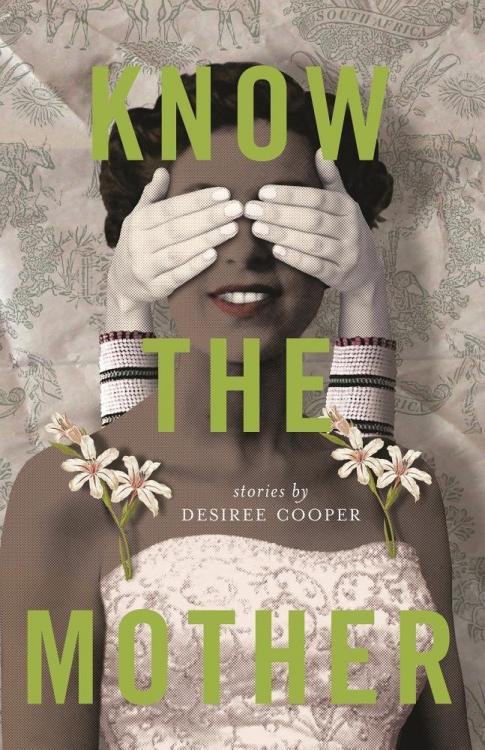
Doug NeJaime | LGBT Equality and Changing Meanings of Parenthood
This presentation uncovers the destabilizing and transformative dimensions of a legal process commonly described as assimilation. Lawyers working on behalf of a marginalized group often argue that the group merits inclusion in dominant institutions, and they do so by casting the group as like the dominant majority. Scholars have criticized claims of this kind for affirming the status quo and muting significant differences of the excluded group.

Dipesh Chakrabarty | The Nomos of the Earth to Gaia: Land as a Category in Postcolonial and Anthropocene Histories
This lecture will discuss how our understanding of the category "land" shifts as and when we try bring into conversation the concerns of postcolonial histories and those generated by discussions of climate change and the Anthropocene.
This talk presented as a part of the 2018 Sawyer Seminar. It is additionally cosponsored by the departments of History, Political Science, and American Indian Studies.

Spencer Crew | Examining Slavery from Inside Out: Enslavement from the Viewpoint of the Enslaved
During the Great Depression the WPA interviewed over 2000 older African Americans who had been enslaved. Their stories changed how scholars thought about slavery and its impact upon the individuals forced to live under it. How their voices and their views refocused historical interpretations of slavery will be the subject of this presentation.
SUGGESTED READING:
"The Background of the Slave Narrative Collection," Norman R. Yetman
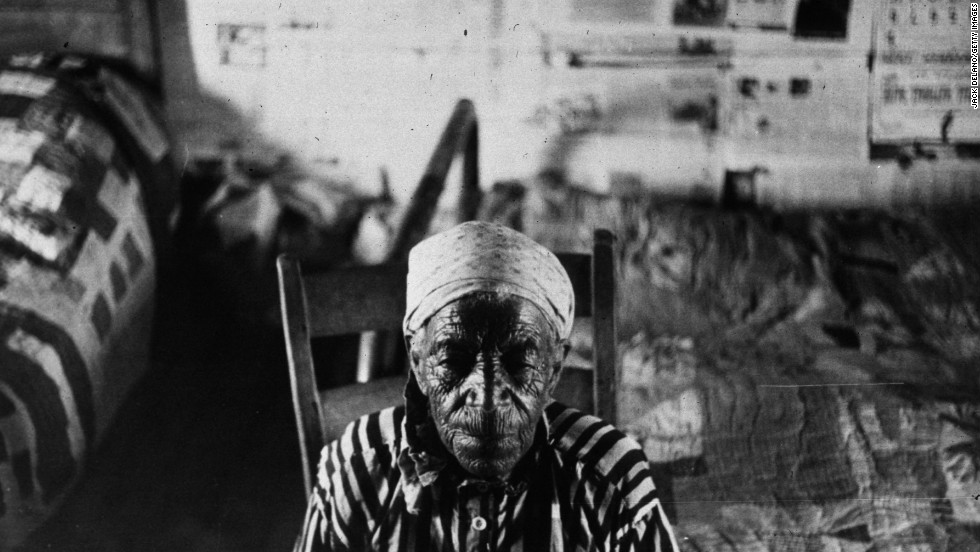
Ada Ferrer | Visionary Aponte: History, Art, and Black Freedom
José Antonio Aponte was a free black man in nineteenth-century Havana. He was also a visual artist and a revolutionary. In fact, he used his art as a way to think about and plot revolution. In 1812, authorities hanged him for his leadership of a failed antislavery rebellion, and sometime after that his major work of art—a “book of paintings” with 63 images disappeared.
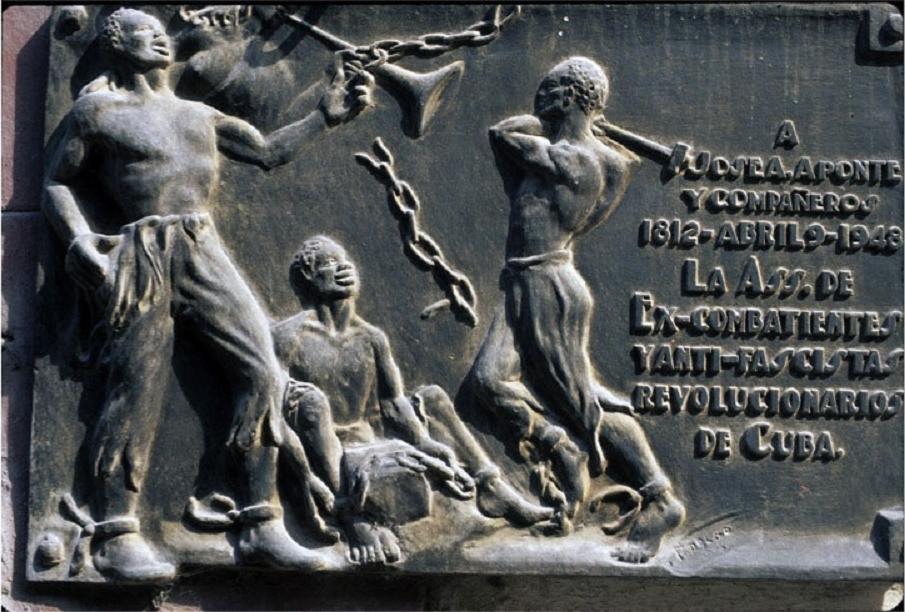
Joanna Scott | Careers for Women: A Conversation about Literature and the Environment
Join us for a discussion of Joanna Scott's new novel, Careers for Women, which foregrounds the story of Pauline Moreau, whose life is determined in large measure by two business executives. What makes this novel so profoundly haunting are Scott’s subtle references to the business practices and mentalities that underlie the construction and destruction of the Twin Towers. In an eerie manner, this is a powerful novel about 9/11.
